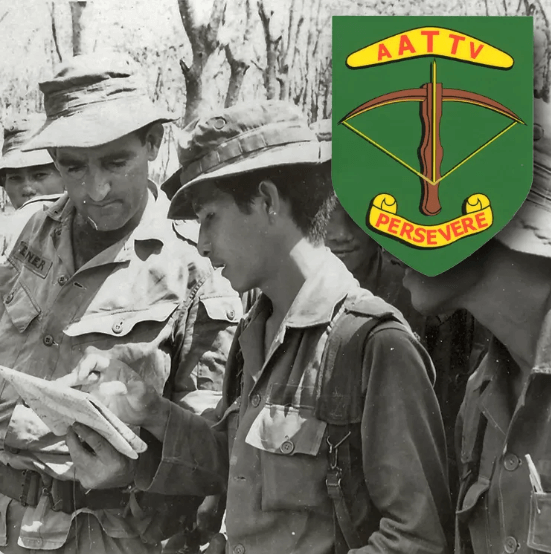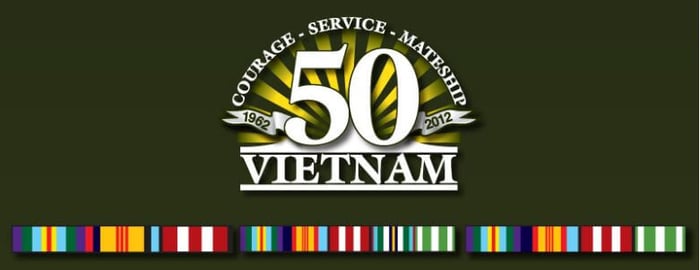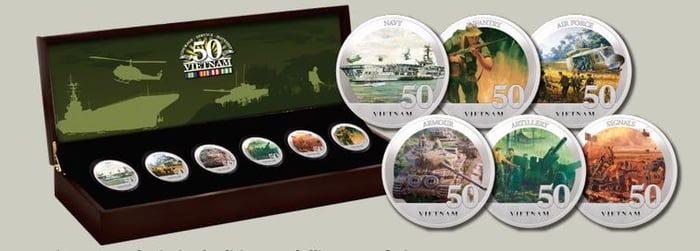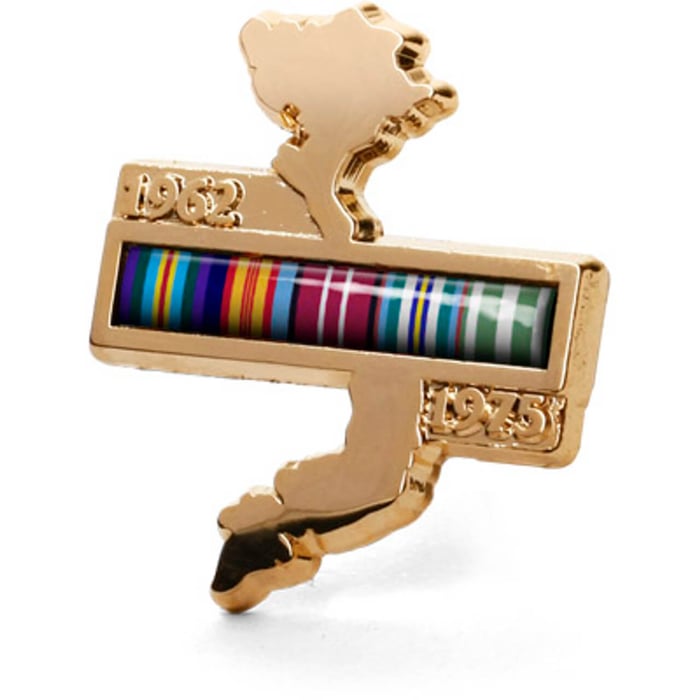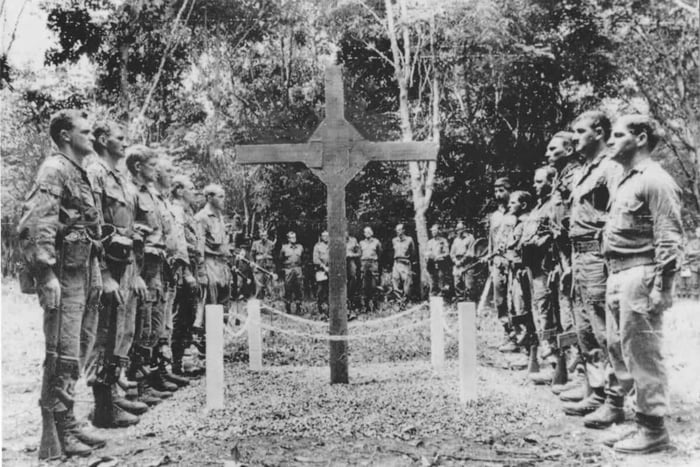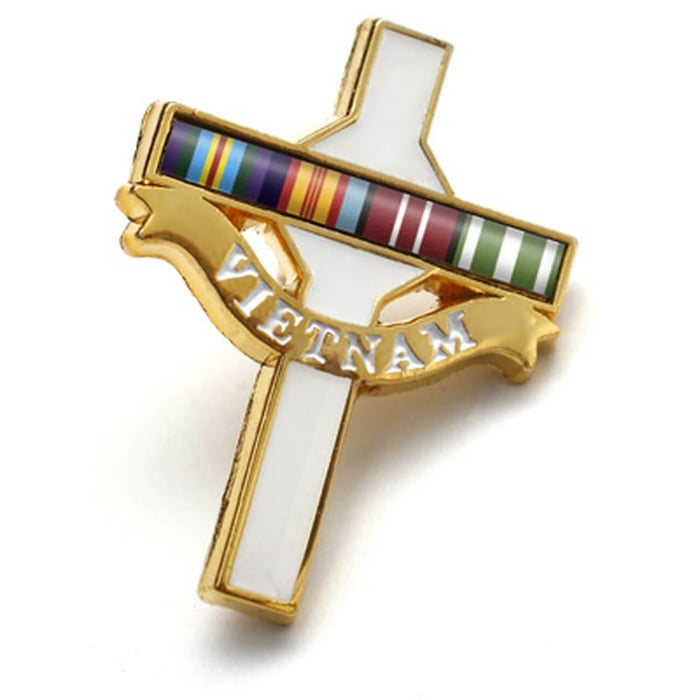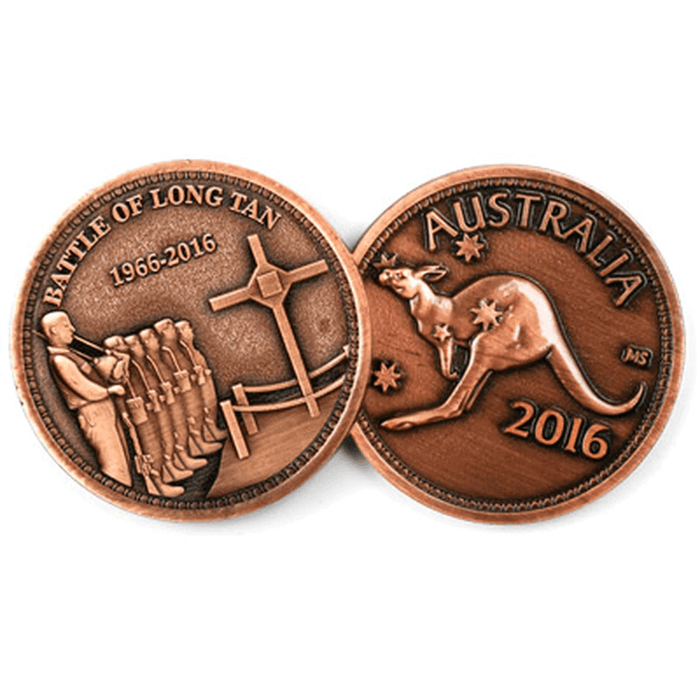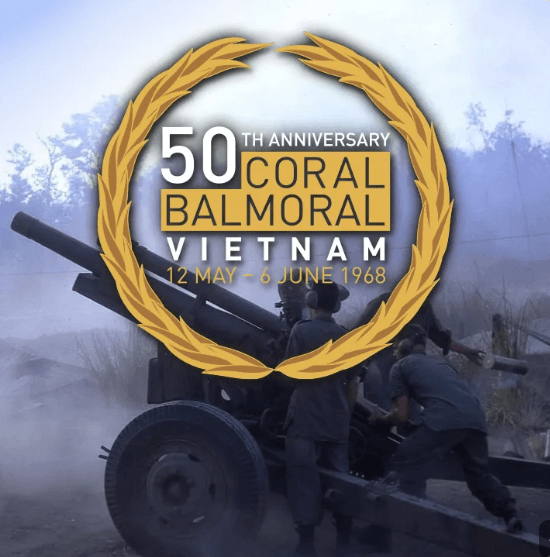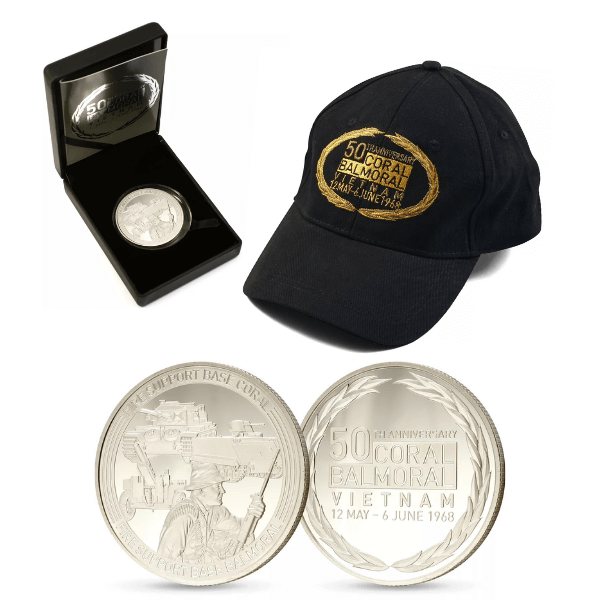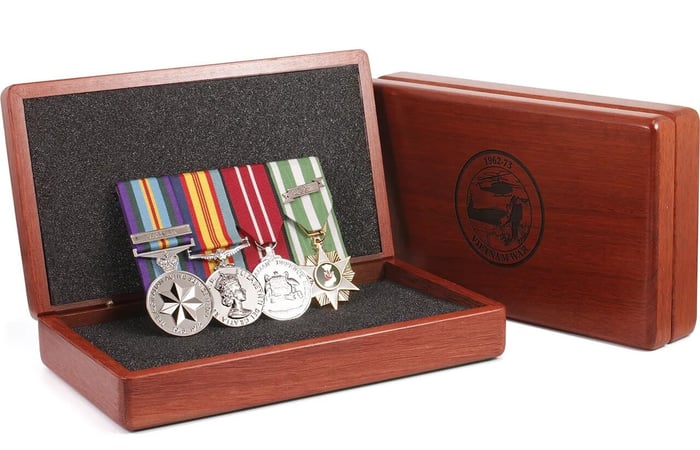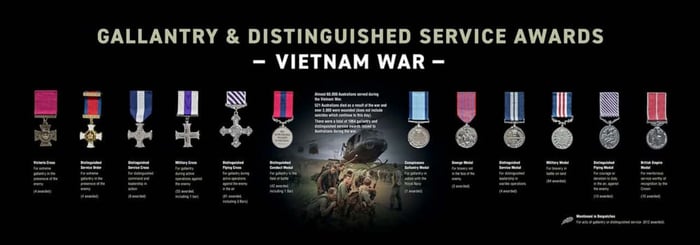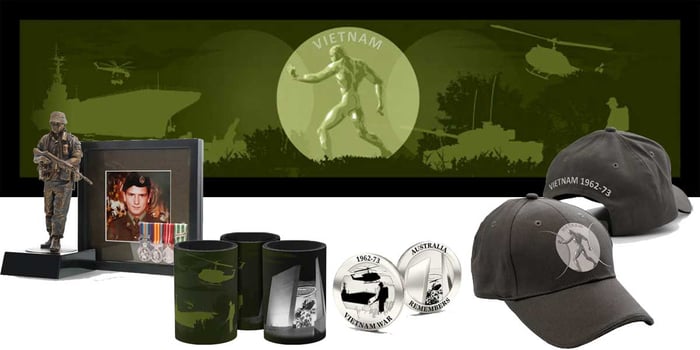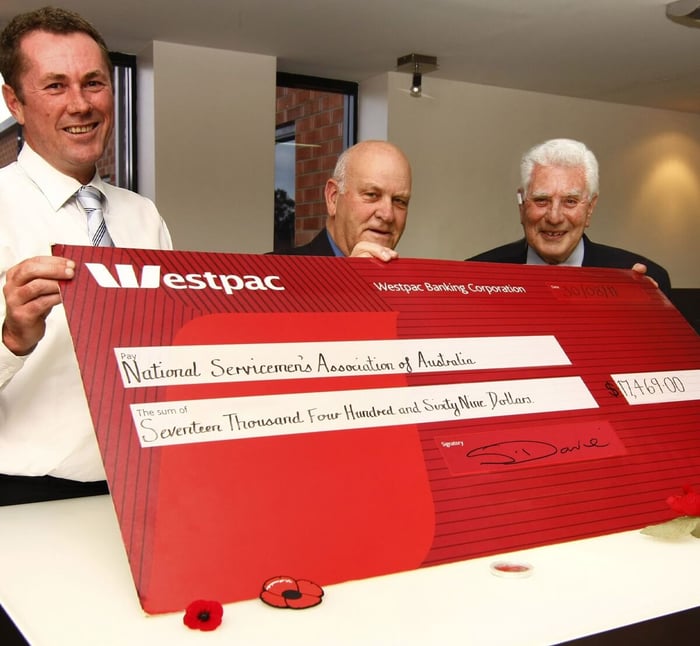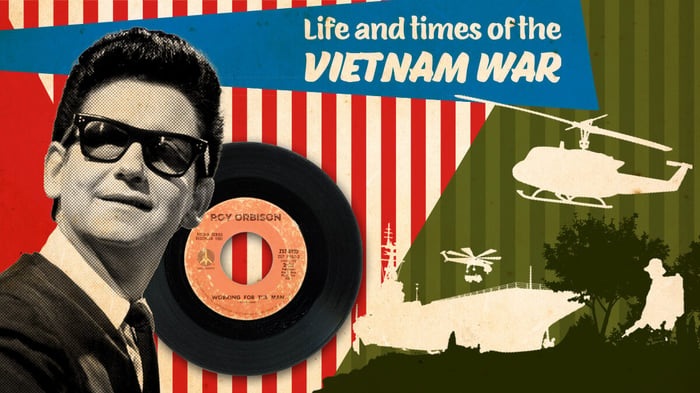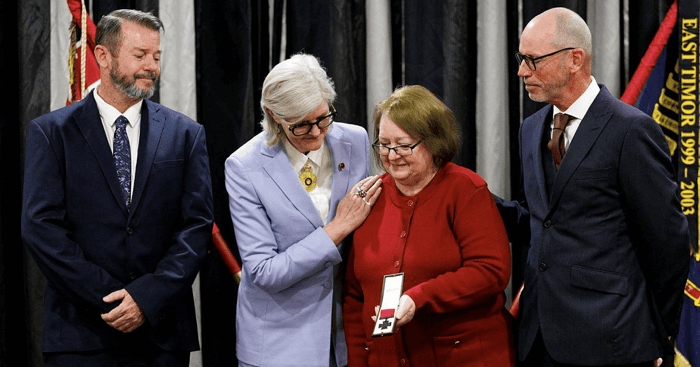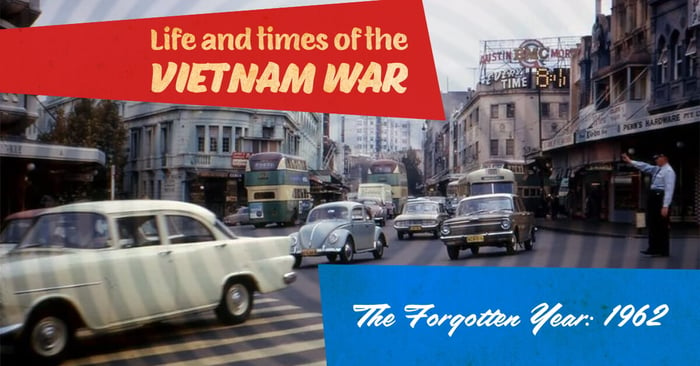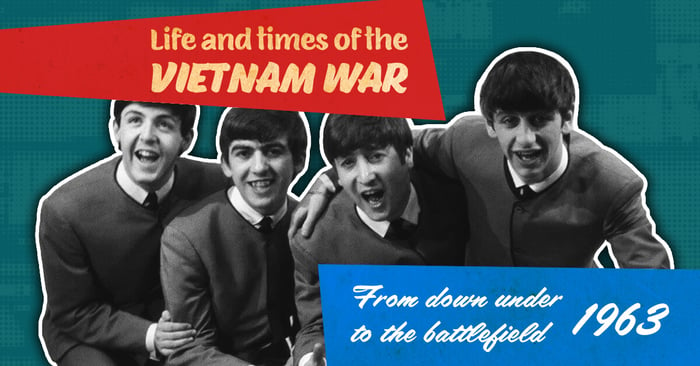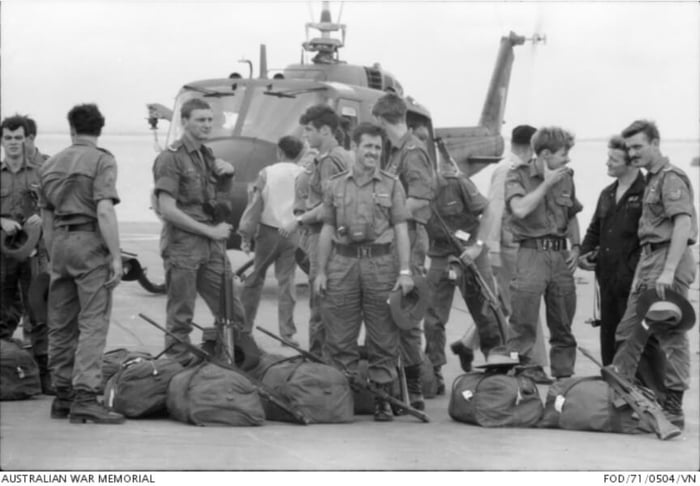
Who Won The Vietnam War?
The decade of the 1960s is widely acknowledged as a critical juncture in modern history, marked by sweeping social, cultural, and political transformations. This epochal period is indelibly etched in the collective memory as a time of immense change, characterised by pivotal events such as the civil rights movement, anti-war demonstrations, the space race, the rise of feminist activism, and the emergence of counterculture movements.
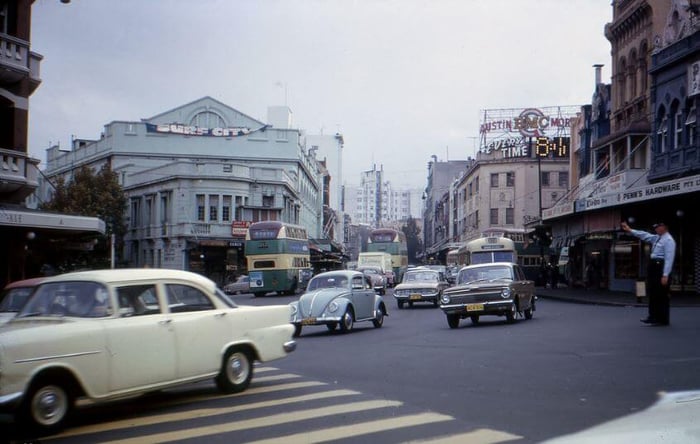
Sydney in the 60s. In many ways 1962 was just another prosperous year in Australia
One of the most significant events of the decade transpired in a small nation known as Vietnam, where a conflict of ideology paved the way for a prolonged and devastating war. The genesis of the Vietnam War can be traced back to the ideological division that had beset the country long before hostilities broke out. The Northern region was under the sway of communist leaders who espoused the principles of collectivism, wherein the populace served the state and, in turn, looked to it for sustenance. However, a considerable number of people in the Southern region were averse to the notion of subservience to the government and preferred a different way of life.
The conflict between North and South Vietnam drew international attention as other nations became embroiled in the matter. Communist powers such as China and Russia extended their support to the North, offering military equipment and ammunition. This development sparked concern among other countries averse to communism, including the US, who countered by lending financial and military aid to South Vietnam. As the situation escalated, the US enlisted troops in the conflict, prompting other allied nations, such as Australia, to follow suit.
Australia's Involvement in The Vietnam War
Vietnam was Australia’s longest war of the 20th century. The commitment began in 1962 when 30 military advisors of the Australian Army Training Team Vietnam (AATTV) deployed to train South Vietnamese forces.
Read: The Forgotten Year: How Australia's Involvement in the Vietnam War Started in 1962
AATTV will always be remembered as an elite handpicked team who remain one of the most highly decorated Units in the history of the Australian Army and this special collection honours them.
Australia commemorated the 50th Anniversary of Our Involvement in the Vietnam War in 2012
But the war escalated and in 1965 an infantry battalion supported by artillery, engineers, armour, signals and other support elements was deployed. In 1966 this fighting contingent grew again and the 1st Australian Task Force, comprising two infantry battalions, a Special Air Service squadron, combat and support logistic units and additional RAAF Iroquois helicopters, was established at Nui Dat.
1966 also saw young men conscripted under the National Service scheme enter the war. Throughout the war almost 60,000 Australians served in Vietnam, with many of them conscripted, which means they were forced to go through a giant nationwide lottery. Any 20-year-old man in the country could be picked, if their birthday was drawn in the draft.
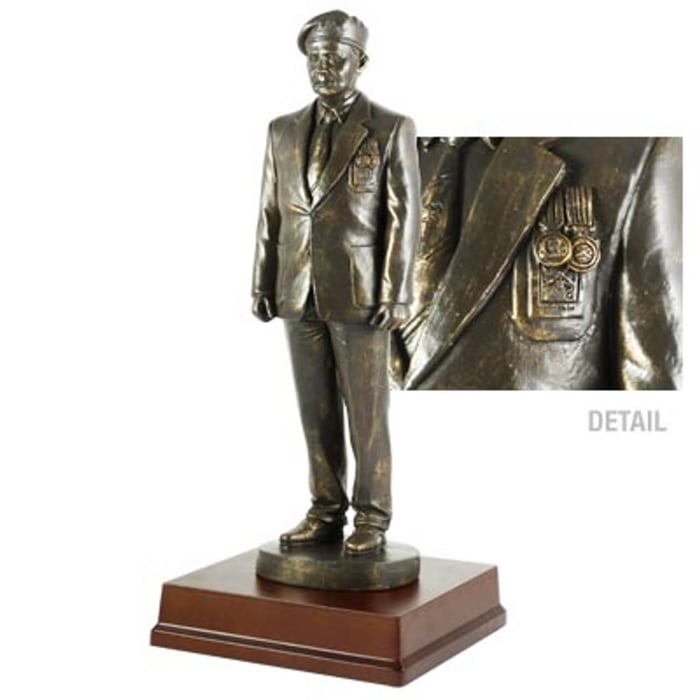 Nasho figurine in the distinctive beret and blazer
Nasho figurine in the distinctive beret and blazer
Australian soldiers who were deployed to Vietnam encountered unfathomably challenging circumstances, including navigating through dense jungles, monsoonal downpours, and combating with a foe who had a comprehensive understanding of the terrain. Despite their perseverance, a total of 521 Australian soldiers lost their lives, over 3,000 were wounded in action and and countless more carried home the mental anguish of their Vietnam War experience.
Notably, the most catastrophic engagement for Australian troops was the Battle of Long Tan, which occurred on August 18, 1966. Approximately one hundred soldiers from Australia and New Zealand were engaged in a perilous combat operation against an overwhelmingly superior force of two thousand Vietnamese. Despite being trapped, with limited ammunition and facing the threat of encirclement, the Australian troops persevered and withstood the enemy's assault until additional reinforcements arrived.
The date of the battle of Long Tan is now our annual Vietnam Veteran's Day, and the Long Tan Cross erected at the site the following year to honour the fallen, has come to symbolise service and sacrifice in Vietnam.
In 2016, Australia commemorated the 50th Anniversary of the Battle of Long Tan
The prolonged hostilities in Vietnam persisted for a considerable period after the Long Tan events. For example, between 12 May and 6 June 1968, Australia's Fire Support Bases at Coral and Balmoral endured some of the biggest and most sustained battles of Australian forces during the Vietnam War.
In 2018, 1 RAR Association asked for a special collection to commemorate the 50th Anniversary of the 1968 Battles of Coral and Balmoral.
While Australia’s military involvement in the war ended in 1973 the official keeper of Australia’s war record, the Australian War Memorial, records the war as 1962-1975.
What was the Vietnam War like for Australian soldiers?
Dave Sabben, who was Commander of 12 Platoon, Delta Company 6th Battalion, The Royal Australian Regiment, during the Battle of Long Tan, says Australian forces entered Vietnam with a clear mission – to help stop the fighting in the South.
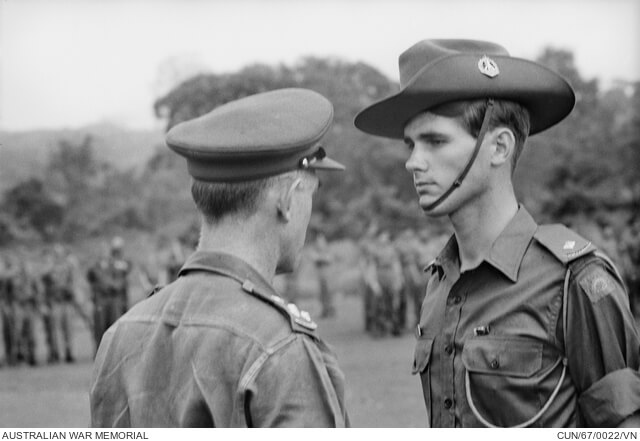
Dave Sabben has dedicated much of his post-war life to sharing the story of Vietnam and to supporting recognition of the service of all Veterans
“We didn’t go to Vietnam to invade the North,” he said. “We didn’t go to topple their government. We didn’t go to remove Ho Chi Minh from power. We went to help stop the fighting in the South.”
Vietnam Family Medals: An Honour Shared
“We achieved this in January 1973 (when) the Allies forced the North to sign the Paris Peace Accord. The Accord agreed to a halt to all hostilities; the withdrawal of all non-Vietnamese forces; the exchange of POWs and, importantly, that the North would honour their border with the South.”
In January 1973 the then Governor General, Sir Paul Hasluck told the Australian Parliament and people that “hostilities in Vietnam have ceased”. The war was over.
“We had achieved our aim. The fighting in the South was stopped. We came home,” Dave said. “It was more than two years later in March 1975 that the North broke the peace treaty. They invaded the South in a deliberate act of a new war.”
Read: Vietnam: The War Australia Won
2023 A Special Commemorative Year for Vietnam Veterans
January 11, 2023 marks 50 years since the 1973 proclamation of the end of Australian involvement in the Vietnam War. Minister for Veterans’ Affairs Matt Keogh said 11 January also marks the beginning of the official Vietnam 50 commemorations for 2023.
The Department of Veterans’ Affairs (DVA) recognises this significant anniversary and will hold a broad awareness campaign throughout 2023 including a documentary series to be screened on the ABC, and providing historical and educational resources to schools, ex-service organisations and community groups.
In support of this, BrandNet, the operator of Military Shop, Air Force Shop, Army Shop, and Navy Shop has created a special commemorative collection.
"We are deeply honoured to support the Australian Government's 2023 commemorations with the production of the official 50th Anniversary Commemorative Medallion," says Caris Ebeling, Branch Manager.
The latest range of Vietnam War limited edition lapel pins
"With the official commemorative medallion strictly limited to either the Veteran, or a surviving family member, we have also created a series of stunning linked mementos that can also be shared across community and family, worn to show your pride, and passed through the ages," Ebeling continues.
The Vietnam War Collections that include figurines, drink coolers, caps, medallions, pins, and more
Vietnam War Veterans: Their Story Lives In Those Who Share
While in the 1970s Australia reacted poorly to the return of veterans from the ‘Asian War’, today Vietnam Veterans are honoured in the community and with each passing year pride in their service grows.
“This was a war that was at times contentious at home, and for some veterans their service not recognised as it should have been. The Australian Government is honouring those who served, and throughout this commemorative year will specifically recognise and honour the service and sacrifice of Vietnam veterans and their families," says Minister Keogh.
Following suit, the BrandNet Group has also launched the Life and Times Campaign.
"We want to help Australians of all ages better understand the life and times of our Vietnam Veterans as we commemorate the end of Australia's involvement in the war 50 years ago," says Stephen Davie, Managing Director.
Stephen Davie during a ceremonial check handover with the National Servicemen's Association of Australia way back. The BrandNet Group is one of Australia's biggest private donors to military and service-linked charities. Over the years, the group has given thousands of hours in support of organisations dedicated to improving the lives of current and former serving members and their families, and have donated more than $1 million in direct funding. Read on its latest: Army Shop Gives Back with $13,000 Donation to Army Relief Fund
"Your memories of the Vietnam era; your family growing up in the 1960s and 70s; or stories you have about the life and times of your veteran dad, pop, uncle, or aunt will breathe life into their story. Share your pictures, anecdotes, and memories so others can see our veterans as more than soldiers," says Davie.
Share your Vietnam War stories and insights here.
2023 in many ways is the Year of the Vietnam Veteran. As we commemorate the 50th anniversary of the end of Australia's involvement in the Vietnam War (1962-1973), it is time to honour the lives of these extraordinary servicemen and women – their service, their sacrifices, and their lives – the families they have created; the contributions they have made to Australia, and the dignity with which they have carried forward the ANZAC Spirit. Join the conversation today.













